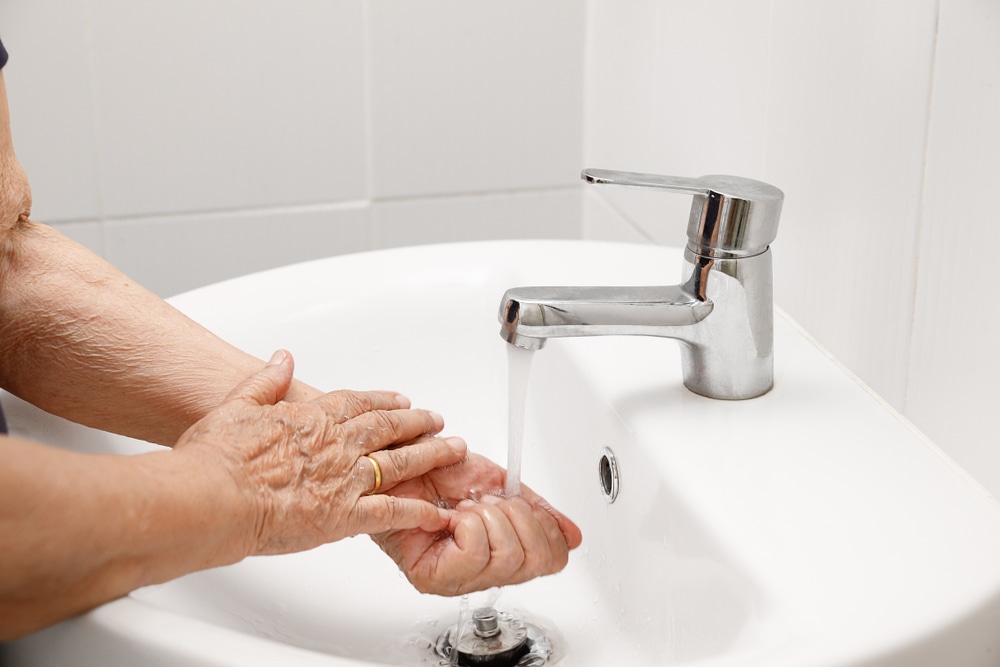
Dec 29, 2018 | Advice, Behaviour
A person with dementia may lose interest in their appearance and may not wash or shower as much as they used to. You may have to prompt them to wash or dress appropriately. This can be difficult, as they may not think they need a wash, or they may want to sit around...

Dec 29, 2018 | Advice, Financial & Planning
When my mum was first diagnosed with dementia, I remember feeling overwhelmed by the fear of how I would manage her needs with juggling my busy full time job that involved long hours and deadlines. I had no idea how I would cope, especially when mum’s needs...

Dec 29, 2018 | About Dementia, Advice
Even though you might have suspected the person has dementia, the diagnosis could still be a shock. Your parent may be confused and unable to process the news. They may understand the diagnosis, but could be in denial and may refuse any offers of help and support. You...

Dec 4, 2018 | Advice, Behaviour, Blog
A person with dementia can develop false beliefs and think that someone is ‘out to get’ them. Christina Neal explains how to cope if a distressing situation like this arises. I remember the day well. It was the weekend before Christmas. My mum’s nursing home...

Dec 4, 2018 | Advice, Behaviour, Blog
Don’t let mood swings or what might seem like unusual or inappropriate behaviour leave you feeling exasperated – here’s some useful tips on coping with challenging behaviour. Dementia can affect a person’s moods, thinking and behaviour, making them more prone to...






